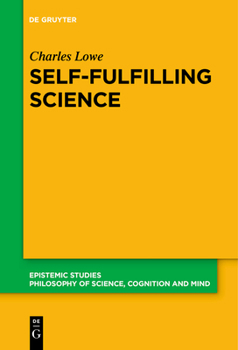Self-Fulfilling Science
Claims that science may becoming 'self-fulfilling' through its impact on objects of study have recently risen to prominence. Despite radical statements about the supposed consequences of such accounts, however, the central notion of scientific self-fulfillment has remained obscure, leading to skewed views of its actual prevalence and significance.
Self-Fulfilling Science illuminates this underexplored phenomenon, drawing on insights from philosophy of science to address questions of its conceptualization, prevalence, and significance. The book critically engages with the popular notion that economic theories of homo economicus exhibit self-fulfillment, and explores its relevance to various metaphysical, ethical, and epistemic issues. Extreme claims of fundamental incompatibility with our usual notions of scientific success are ill-founded. Instead, self-fulfillment's true epistemic significance lies in more local, nuanced philosophical issues such as theory evaluation and the thesis of underdetermination.
In presenting a novel framework, this book facilitates deeper engagement with the developing field of self-fulfilling science, and is of interest to philosophers of science, social scientists, and social constructionists.
Related Subjects
Philosophy




